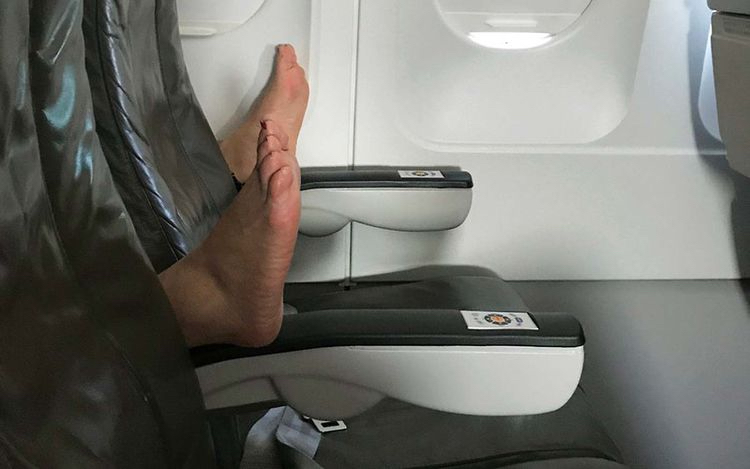After a series of road accidents involving tourists, authorities in Bali are considering banning motorcycle and scooter rentals to foreigners, Bali governor Wayan Koster announced during a press briefing on March 12th. The Indonesian island is facing an increase in accidents involving foreigners who do not respect traffic laws. In the past two weeks, of the 367 traffic violations in the province, 167 were committed by foreign nationals, according to local media.
“As tourists, act like tourists,” said Koster at a press conference on Monday, March 13th. He regrets that many of them travel on motorized two-wheelers “without wearing T-shirts or clothes, without helmets and even without a license.” The local authorities did not specify when this ban would be implemented.
Bali is not the only Asian destination experiencing a spike in road accidents. In Phuket, Thailand, more than 500 scooter accidents in January and February were caused by foreigners.
Most tourism professionals in Bali fear that this measure will be counterproductive at a time when tourism activity is picking up in Bali. Dedek Warjana, president of the Bali Motorcycle Rental Association, said the proposal was hasty and that the authorities should act on specific violations instead of imposing a blanket ban.
Foreigners tend to prefer motorized two-wheelers to get around the island because of the lack of efficient public transportation. Under the governor’s proposals, they would only be allowed to drive cars rented from travel agencies, which would be more rigorous in checking drivers’ licenses and applying penalties.
During the press briefing, the Bali governor said that his government plans to crack down on foreign tourists who work illegally on the island, potentially including “digital nomads,” as reported by CNN. The governor issued several warnings toward international tourists. He stated that foreigners riding motorcycles without valid paperwork and helmets, driving without caution, using fake Indonesian ID cards or abusing residence permits would suffer serious consequences.
Official statistics specify that in 2022 that island received 2.3 million foreign visitors, a figure that in 2023 is expected to reach 4.5 million international travelers. In early February of this year, Raden Wisnu Sindhutrisno, director of tourism marketing Asia Pacific at Indonesia’s Ministry of Tourism and Creative Economy said in the ASEAN NTO’s Media Briefing at the ASEAN Tourism Forum that the Indonesian tourism sector is gradually making its recovery in line with the on-going vaccination campaign. Tourism and Creative Economy business owners have also re-gained trust from travelers thanks to the CHSE certification program.
“While we are focused on increasing the number of visitors, we also want quality visitors – tourists who will spend more and stay longer in this country,” Wisnu said. He noted that his ministry has designed specific strategies and action plans to achieve this. The domestic product of tourism and creative economy has shown a positive result through the #BeliKreatifLokal campaign, a follow-up to the Proud of Indonesian Product National Movement or Gerakan Nasional Bangga Buatan Indonesia.
In order to stimulate regional event managers to grow in number and quality, the Ministry of Tourism and Creative Economy is rolling out the Kharisma Event Nusantara program which will cover 110 top events across Indonesia. “The development of tourism villages is also one of our top tourism recovery strategies because it has a direct effect on the regional community, in villages. This is what has been pushed forward currently,” said Wisnu.
Efforts to maintain the presence and to promote Indonesian tourism to the global audience have also been taken by the Ministry of Tourism and Creative Economy from exhibitions, and family trips, to sales missions. Supported by a number of campaigns such as #DiIndonesiaAja, #WonderfulJourney, #ItstimeforBali, as well as other destinations.













